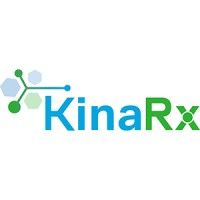Ponatinib is a multikinase inhibitor that is used to treat chronic myeloid leukemia patients harboring mutated ABL1(T315I) kinase. Due to the potent inhibition of FLT3, RET, and fibroblast growth factor receptors (FGFRs), it is also being evaluated against acute myeloid leukemia (AML), biliary, and lung cancers. The multikinase inhibition profile of ponatinib may also account for its toxicity, thus analogs with improved kinase selectivity or different kinase inhibition profiles could be better tolerated. The introduction of nitrogen into drug compounds can enhance efficacy and drug properties (a concept called "necessary nitrogen"). Here, we introduce additional nitrogen into the benzamide moiety of ponatinib to arrive at nicotinamide analogs. A nicotinamide analogue of ponatinib, HSN748, retains activity against FLT3, ABL1, RET, and PDGFRα/β but loses activity against c-Src and P38α. MNK1 and 2 are key kinases that phosphorylate eIF4E to regulate the protein translation complex. MNK also modulates mTORC1 signaling and contributes to rapamycin resistance. Inhibitors of MNK1 and 2 are being evaluated for anticancer therapy. Ponatinib is not a potent inhibitor of MNK1 or 2, but the nicotinamide analogs are potent inhibitors of MNKs. This illustrates a powerful demonstration of the necessary nitrogen concept to alter both the potency and selectivity of drugs.








